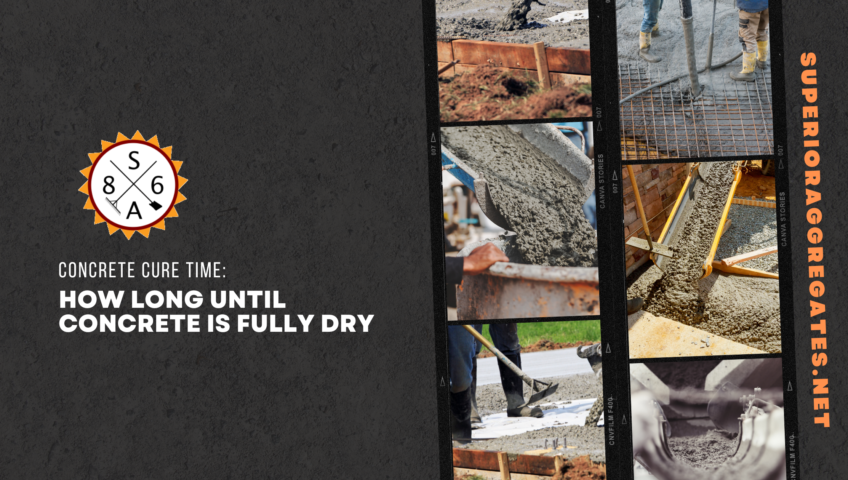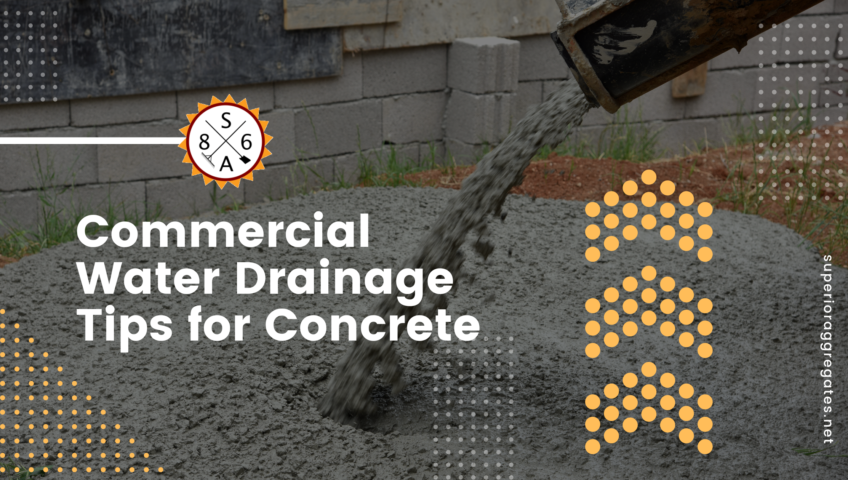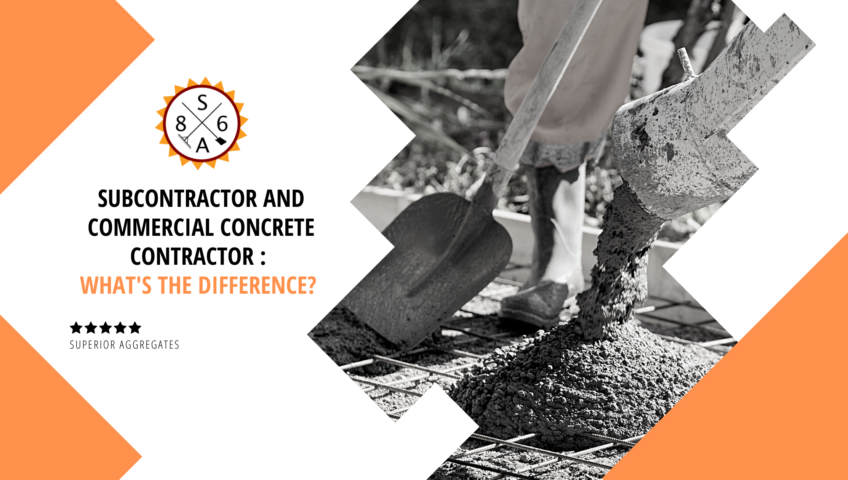
5 Benefits of Commercial Asphalt Paving in 2023
Commercial Asphalt Paving Is Easy to Maintain
One benefit of commercial asphalt paving is that it is pretty easy to maintain. Of course, regular maintenance is required to keep the asphalt in good condition. However, asphalt companies can maintain asphalt relatively easily. One part of this is ensuring that the asphalt does not have any sitting debris or standing water. Doing so helps ensure that the asphalt does not develop potholes or cracks.
Plants may grow in the cracks if you do not regularly maintain your asphalt. As a result, these plants can damage your asphalt and require you to repair the asphalt. Even so, maintaining commercial asphalt is fairly simple and one part of this is removing debris and dirt. This makes sure that your asphalt lasts for a considerable amount of time and looks good. You can consult many asphalt companies to do this work for you.
It is a Flexible Solution
Another benefit is that commercial asphalt paving is a flexible solution. Now, a flexible solution can mean different things depending on the context. In this context, it means that asphalt is a more flexible material compared to other materials like concrete.
Asphalt is easier to repair, as previously mentioned. Additionally, asphalt is a material that breathes with the ground. You can create a routine maintenance plan to avoid more expensive repairs.
The Paving Process is Simple
It is also worth mentioning that the commercial asphalt paving process is pretty simple. Naturally, you have to start off by creating a sound structure. After that, you have to consider what kind of traffic you expect on your asphalt. As the expected weight increases, the thickness of the surface also has to increase.
Asphalt companies can get together the materials required to create asphalt fairly quickly. Due to this fact, they can usually begin paving your asphalt project without any major delays. It is also best to pour asphalt on warm and sunny days. The paving process for asphalt is much simpler than the paving process for other materials.
Commercial Asphalt Paving is Multi-Use
You might think of roads and parking lots when you think about asphalt. Those are a few common uses of asphalt. However, they are far from the only uses of this material. Asphalt is an excellent material for a number of outdoor projects. For example, asphalt also works well if you need a paved walkway.
Additionally, asphalt is an ideal material for an outdoor sports complex that includes basketball and tennis courts, as well. You can renovate several areas of commercial space with asphalt paving. For this reason, you might consider contacting local asphalt companies if your commercial space requires renovation.
Improve Drainage Systems with Asphalt
It can be a major issue if your space has water where water should not be. If your commercial space has poor drainage, this can cause damage and require frequent repairs. Additionally, excessive water can lead to erosion, potholes, and other undesirable effects. Excessive water may also cause puddles and these puddles can be a hassle for both you and your customers.
These puddles can be more than an annoyance. In fact, puddles can prove to be a legitimate safety hazard, as well. However, if you get commercial asphalt paving, you won’t have to worry about these issues. Many asphalt companies offer high-quality commercial asphalt paving at a reasonable price.
Commercial Asphalt Paving Is Easy to Maintain
One benefit of commercial asphalt paving is that it is pretty easy to maintain. Of course, regular maintenance is required to keep the asphalt in good condition. However, asphalt companies can maintain asphalt relatively easily. One part of this is ensuring that the asphalt does not have any sitting debris or standing water. Doing so helps ensure that the asphalt does not develop potholes or cracks.
Plants may grow in the cracks if you do not regularly maintain your asphalt. As a result, these plants can damage your asphalt and require you to repair the asphalt. Even so, maintaining commercial asphalt is fairly simple and one part of this is removing debris and dirt. This makes sure that your asphalt lasts for a considerable amount of time and looks good. You can consult many asphalt companies to do this work for you.
It is a Flexible Solution
Another benefit is that commercial asphalt paving is a flexible solution. Now, a flexible solution can mean different things depending on the context. In this context, it means that asphalt is a more flexible material compared to other materials like concrete.
Asphalt is easier to repair, as previously mentioned. Additionally, asphalt is a material that breathes with the ground. You can create a routine maintenance plan to avoid more expensive repairs.
The Paving Process is Simple
It is also worth mentioning that the commercial asphalt paving process is pretty simple. Naturally, you have to start off by creating a sound structure. After that, you have to consider what kind of traffic you expect on your asphalt. As the expected weight increases, the thickness of the surface also has to increase.
Asphalt companies can get together the materials required to create asphalt fairly quickly. Due to this fact, they can usually begin paving your asphalt project without any major delays. It is also best to pour asphalt on warm and sunny days. The paving process for asphalt is much simpler than the paving process for other materials.
Commercial Asphalt Paving is Multi-Use
You might think of roads and parking lots when you think about asphalt. Those are a few common uses of asphalt. However, they are far from the only uses of this material. Asphalt is an excellent material for a number of outdoor projects. For example, asphalt also works well if you need a paved walkway.
Additionally, asphalt is an ideal material for an outdoor sports complex that includes basketball and tennis courts, as well. You can renovate several areas of commercial space with asphalt paving. For this reason, you might consider contacting local asphalt companies if your commercial space requires renovation.
Improve Drainage Systems with Asphalt
It can be a major issue if your space has water where water should not be. If your commercial space has poor drainage, this can cause damage and require frequent repairs. Additionally, excessive water can lead to erosion, potholes, and other undesirable effects. Excessive water may also cause puddles and these puddles can be a hassle for both you and your customers.
These puddles can be more than an annoyance. In fact, puddles can prove to be a legitimate safety hazard, as well. However, if you get commercial asphalt paving, you won’t have to worry about these issues. Many asphalt companies offer high-quality commercial asphalt paving at a reasonable price.




